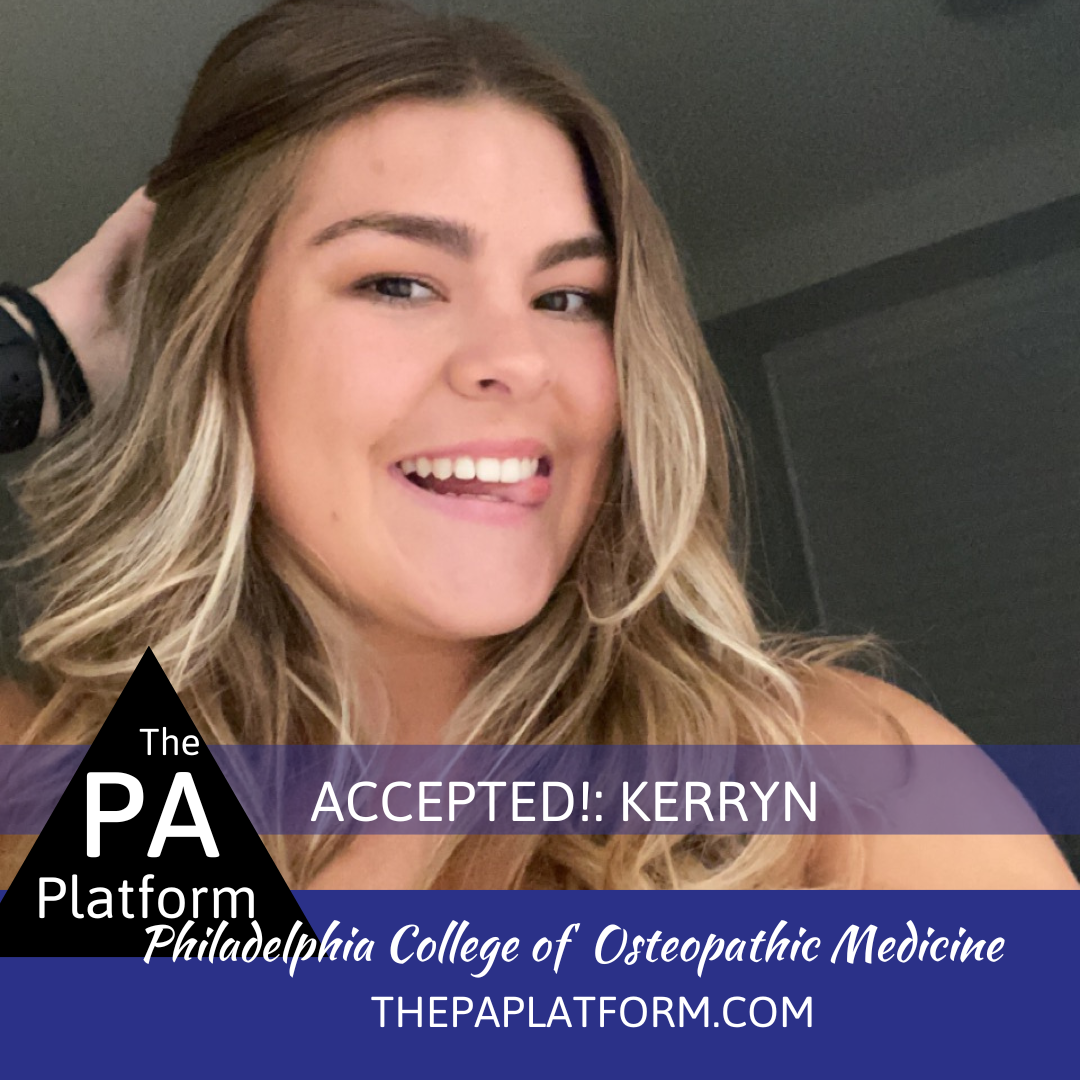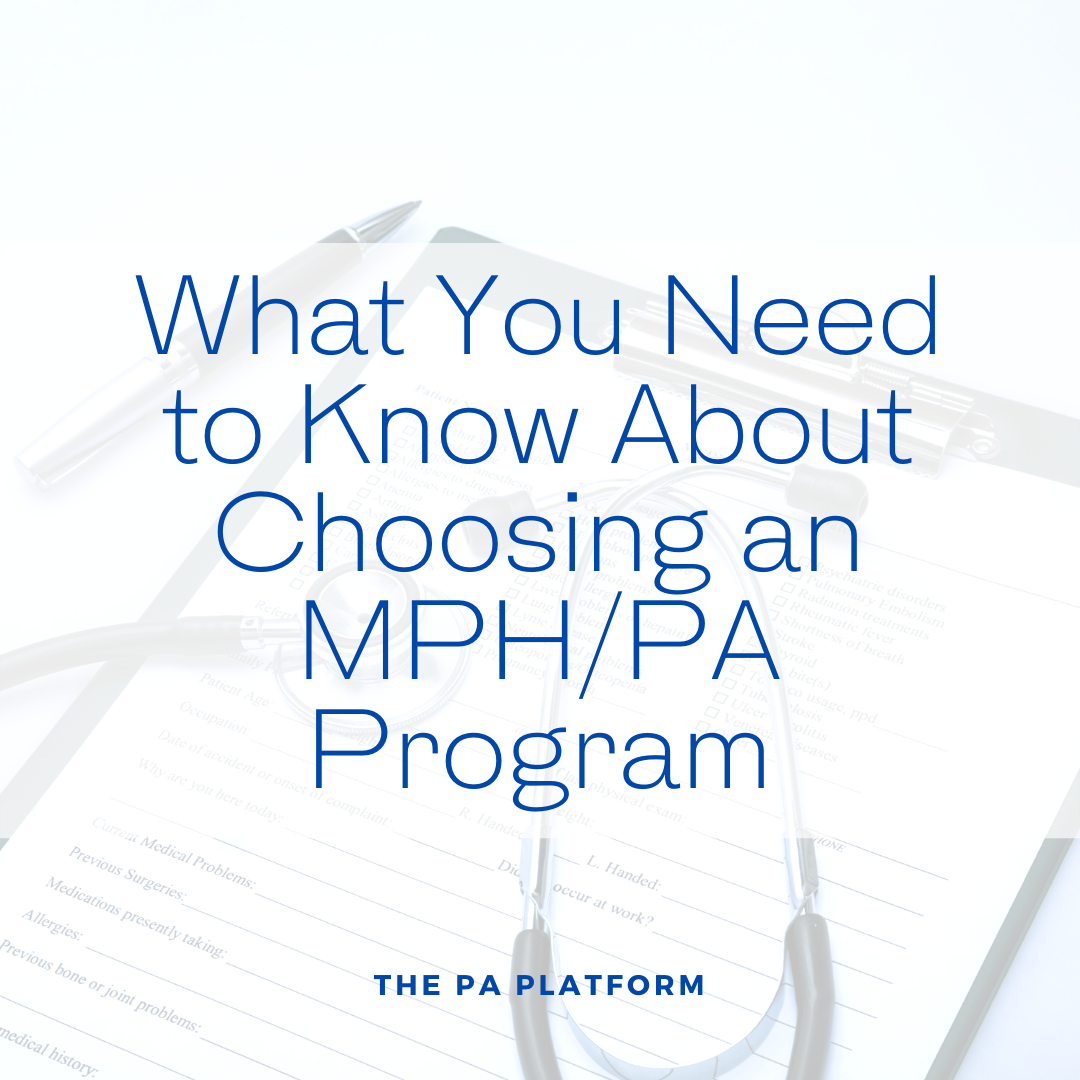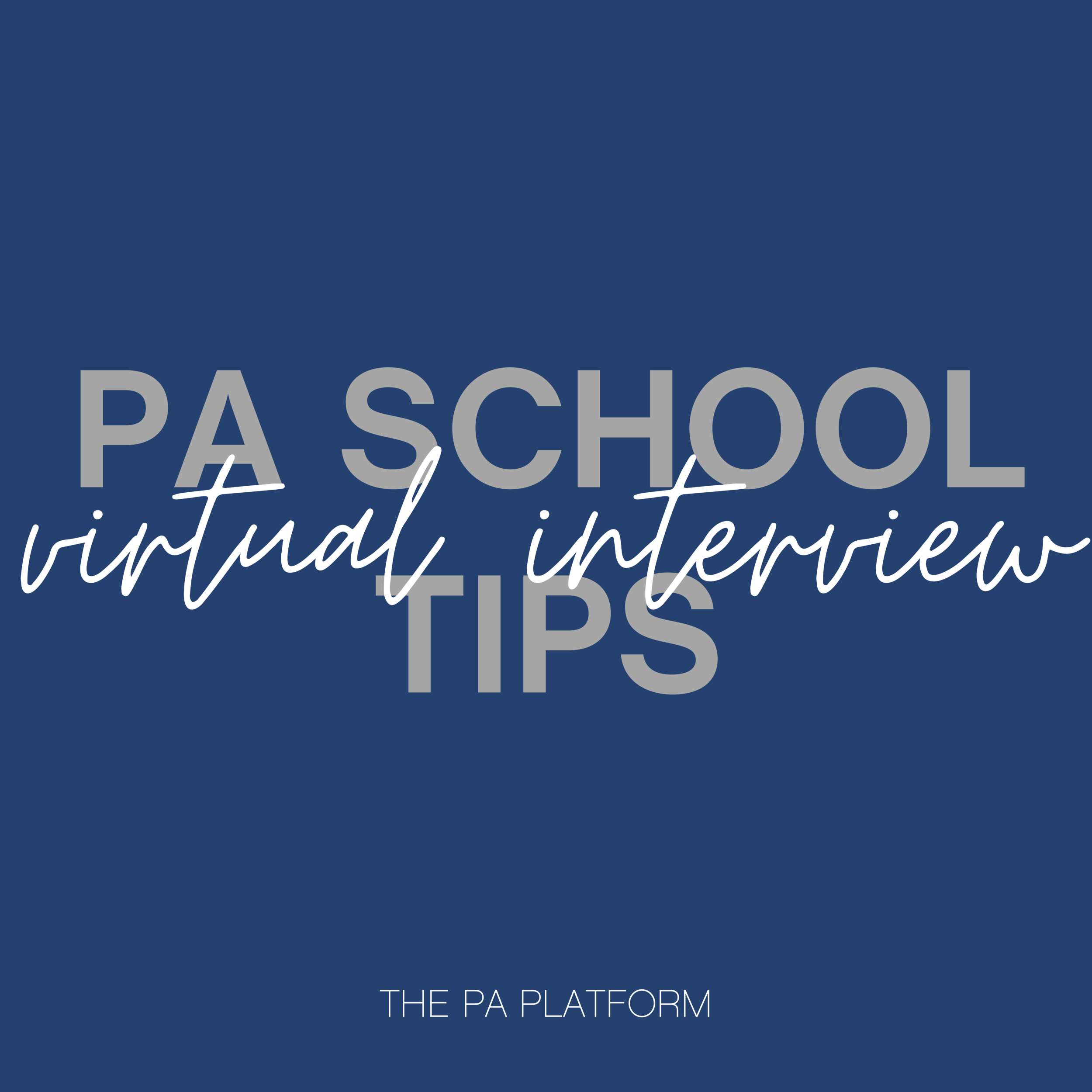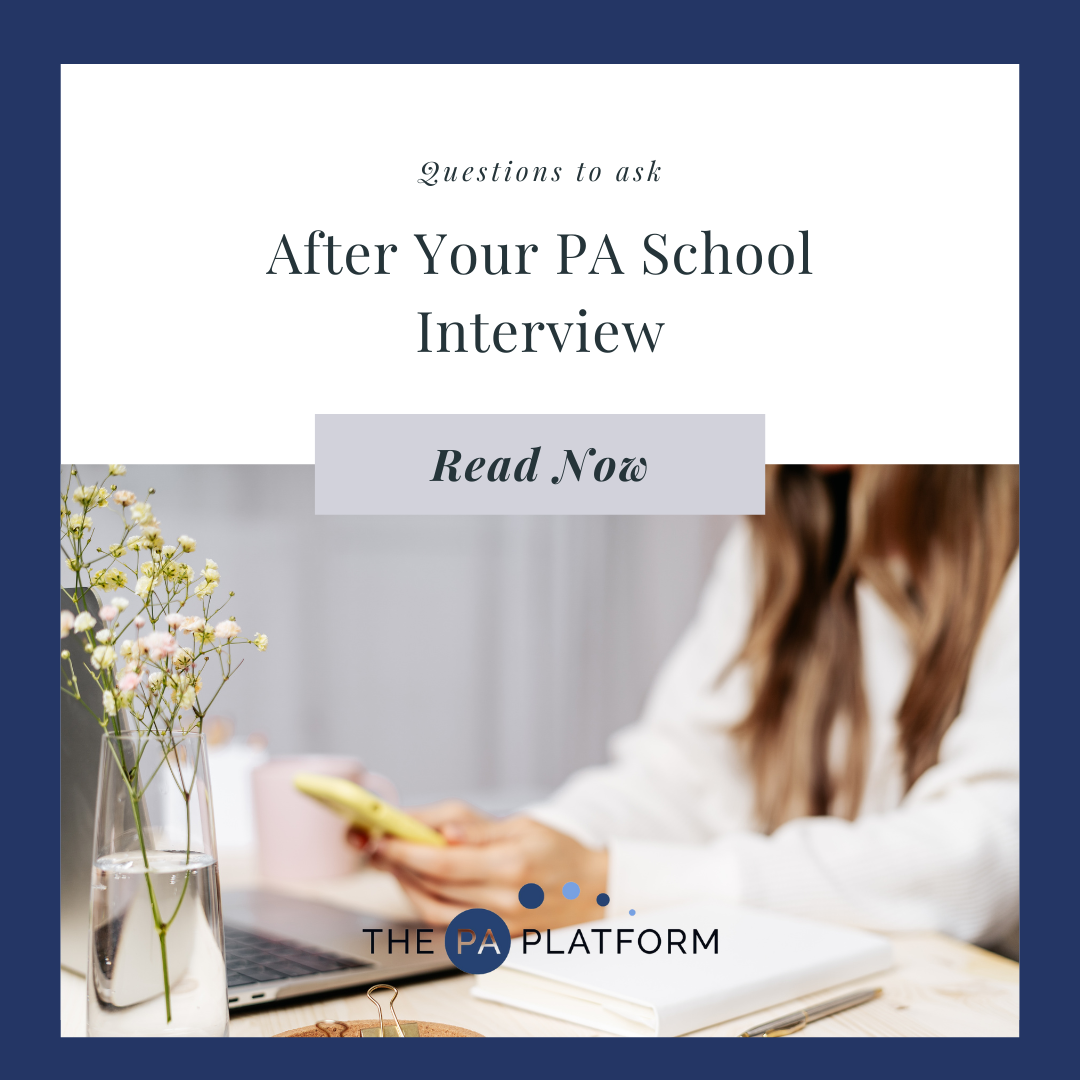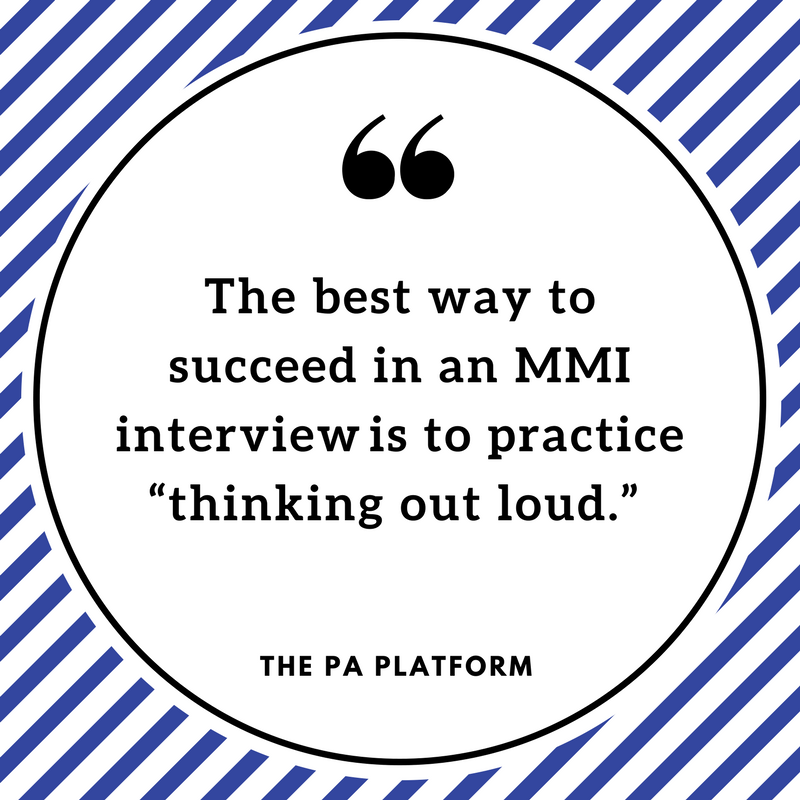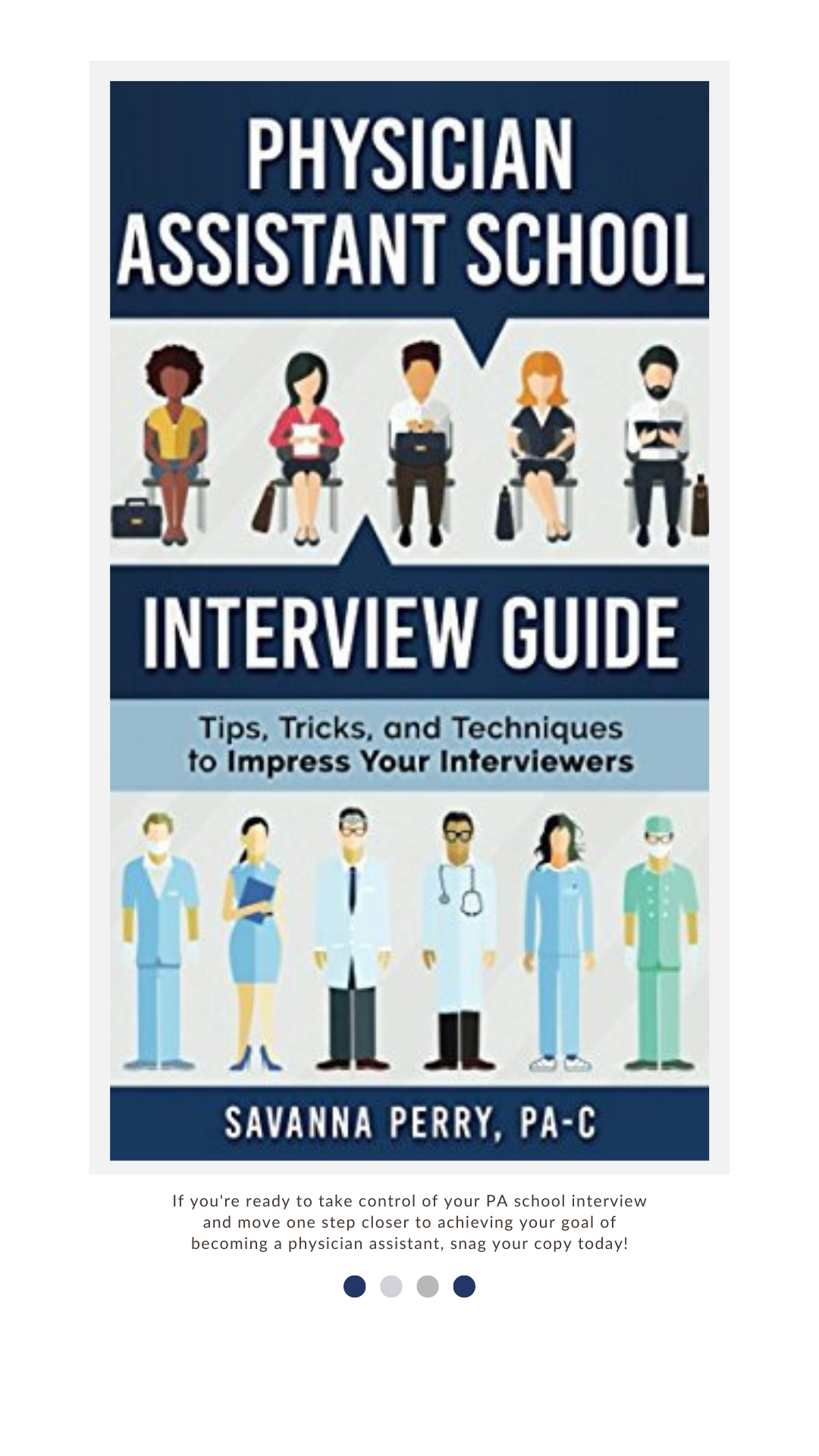Have you submitted your applications, but haven't received any interview invites yet? Don't worry, there are still things you can do to prepare! Let's talk about the logistics and what you should consider.
First things first, what are you going to wear? Whether it's an in-person or virtual interview, dressing professionally is key. Make sure you have a good setup with proper lighting. Trust me, you don't want to end up in a situation where the camera is awkwardly positioned above you. It's better to use your laptop, set it up straight on, and place the Zoom window at the top of the screen. That way, you won't be looking down or constantly shifting your gaze. If possible, try to find a well-lit office setting for your interview.
Now, let's think about the logistics. Do you need any assistance? Consider if you require childcare, pet care, or someone to cover for you at work. It's a good idea to give them a heads up about potential last-minute commitments. I've seen people in online groups facing issues where their employers wouldn't allow time off for interviews. In those cases, some people even suggested finding a new job that supports your career goals. Hopefully, your employer will be supportive, but it's always better to plan ahead and line up any necessary help.
When it comes to in-person interviews, you generally don't need to bring much with you unless it's specifically requested. Some schools may ask for a headshot or an updated resume, so it's worth carrying those items. If you have any additional documents or a sealed letter of recommendation, bring those too. A small bag or portfolio might come in handy, but keep in mind that most schools provide folders, pens, and notepads during the interview, so you won't need a bunch of extra stuff.
One important tip: keep distractions to a minimum. Switch off your Apple Watch and silence your phone. You don't want anything to interrupt your interview. Sometimes, schools may ask for a headshot on the spot or take a photo of you during the interview. Don't be alarmed by this—it's a normal practice. As for the image itself, a simple headshot against a blank wall with natural lighting works perfectly fine. You don't need to go all out for a professional photoshoot.
Now, here's a common question: does it make a difference if you choose in-person or virtual interviews? Honestly, most schools don't have a preference. There might be a subtle bias toward in-person meetings due to the personal connection, but it's not a significant factor. In fact, some programs split their available spots, offering a balance between in-person and virtual interviews to avoid favoring one over the other. So, choose the format that suits you best based on your schedule and preferences. The schools won't hold it against you—they're giving you the option for a reason.
What can you expect during a group session with current students? Typically, it's an opportunity to have informal conversations, ask questions, and gain insights about the program from a student's perspective. Sometimes, these students might also participate in the interview process and ask you questions. Treat these interactions as part of the interview day, maintaining professionalism throughout. Avoid discussing anything sketchy or strange—remember, the entire day is an interview, and impressions matter.
Now, let's talk about standing out during the interview. The best advice I can give you is to be yourself. Be happy and excited to be there, despite the nervousness you'll inevitably feel. Embrace your authenticity and genuineness!
Rock those interviews, my friend. You've got this!



